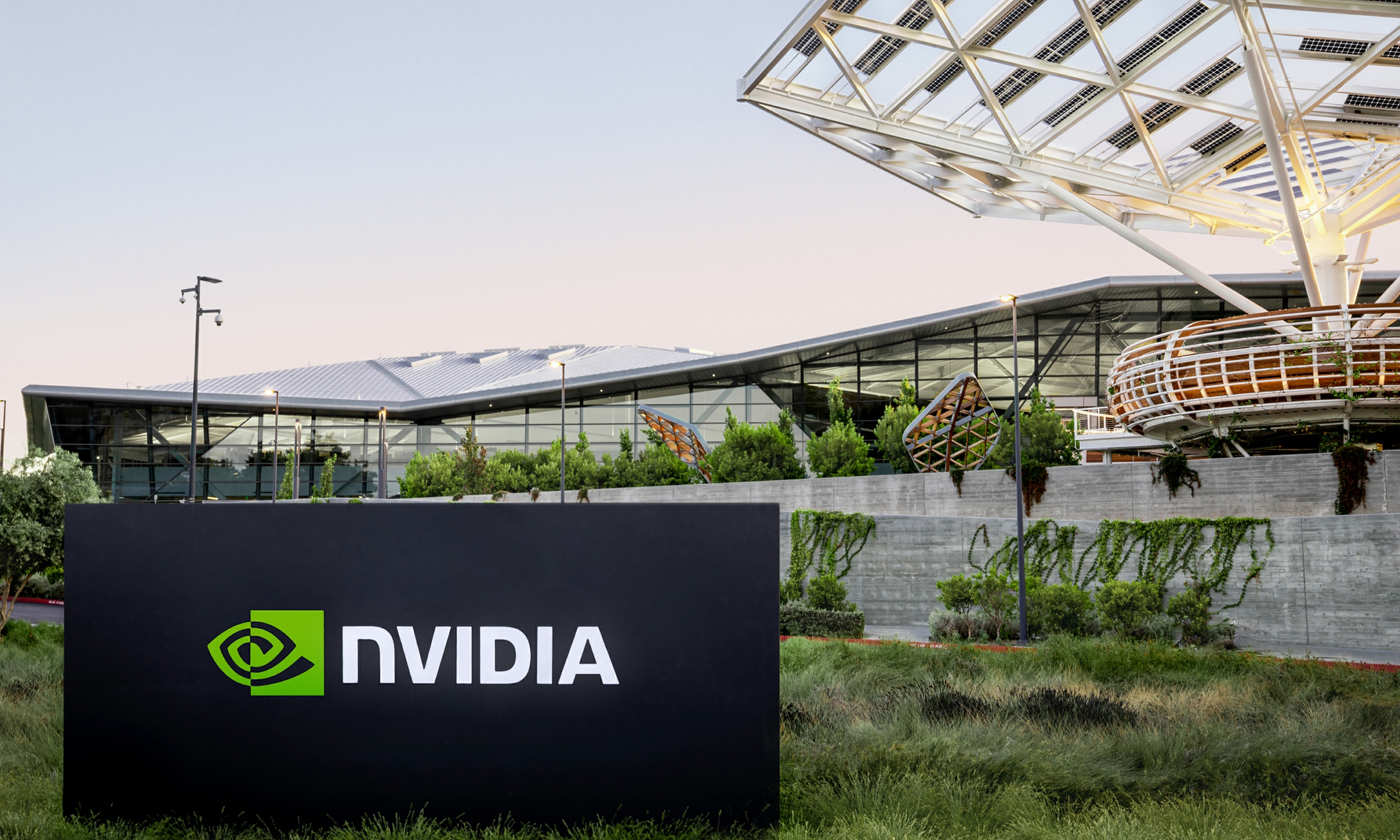Nvidia (NVDA 1.35%) is the quintessential stock in artificial intelligence (AI).
Currently, the AI opportunity primarily revolves around data centers, where Nvidia has dominated with its combination of high-end GPU-based chip hardware and its proprietary CUDA software platform, which enables those chips to work efficiently for AI workloads.
The stock, as well as the company, has experienced unprecedented growth over the past few years. Now, the pressure is on Nvidia to not only sustain that success, but to expand and grow. Prospective investors want to know whether Nvidia can keep this up. Is the stock a buy?

Image source: Getty Images.
Why Nvidia's stranglehold on AI data center business will be difficult to break
Some estimates have Nvidia's market share of data center chips for artificial intelligence at a staggering 92%. Such an amazingly high figure for arguably the world's hottest growth trend helps explain why Nvidia's revenue has multiplied since early 2023. Perhaps due to a mix of luck and foresight, Nvidia's GPU chips were already designed for computing-intensive applications, like high-end gaming and cryptocurrency mining. Even CUDA was initially released back in 2007.
The key point is that competitors will likely struggle to break Nvidia's market dominance, in the near term, at least.
Nvidia is the standard. Not only does its technolgoy work, but everyone knows it works, and Nvidia now has a large and expensive hardware and software footprint with all these companies building AI data centers.
Furthermore, the rapid pace at which AI has grown works to Nvidia's advantage.
The reason is simple. Companies building AI data centers, such as Microsoft, OpenAI, and Meta Platforms, are all racing to expand their capacity, acquire customers to monetize their enormous AI investments, and develop the most advanced AI models.
The stakes are high. Even if another company offers a cheaper AI chip, these companies are unlikely to want to take the risk of venturing into the unknown, as there is far more downside if using something else causes setbacks.
For instance, a recent report indicated that OpenAI had tested some of Alphabet's AI accelerator chips but ultimately declined to utilize them at scale. In other words, it seems the value in the speed and certainty Nvidia offers trumps everything else.
McKinsey & Company estimates that global AI data center spending will top $5 trillion over the next five years. Nvidia will likely maintain a firm grip on the AI chip market and see much of that growth until companies that are buying up all these chips change their priorities.

NASDAQ: NVDA
Key Data Points
Nvidia could begin selling to China again
The tensions between China and the United States impacted Nvidia earlier this year when the Trump administration barred Nvidia from selling H20 GPU chips to companies in China, despite the chip originally being designed to comply with existing export controls. The ban resulted in a $4.5 billion inventory write-off in May, and Nvidia reported that it cost the company approximately $2.5 billion in lost sales this past quarter, which ended April 27.
It appears that those restrictions are easing.
Nvidia issued a statement July 14 that CEO Jensen Huang had met with both the United States and Chinese governments, and that the company had filed applications to resume selling its H20 GPU chip to China. Nvidia went so far as to say that the U.S. government had assured it that the application would be approved, and that deliveries would resume shortly.
Resuming H20 chip sales should bring back billions of dollars in sales to Nvidia's coffers. Investors should get more color on what's going on when Nvidia reports quarterly results on Aug. 27.
Is the stock a buy?
It's hard to envision a stock that has appreciated by over 800% in three years as cheap, but the numbers are the numbers.
Nvidia trades at a price-to-earnings (P/E) ratio of 54. That's a steep price for most stocks, but analysts anticipate Nvidia growing its earnings by an average of 29% annually over the long term. At a PEG ratio of approximately 1.9, Nvidia's valuation is quite reasonable relative to its expected growth.
The risk is that Nvidia fails to meet these admittedly ambitious growth estimates. However, the circumstantial evidence, primarily the potential resumption of H20 sales along with continued aggressive data center investments, suggests that Nvidia has the tailwinds it needs to meet these growth targets.
That makes the stock a buy now.





